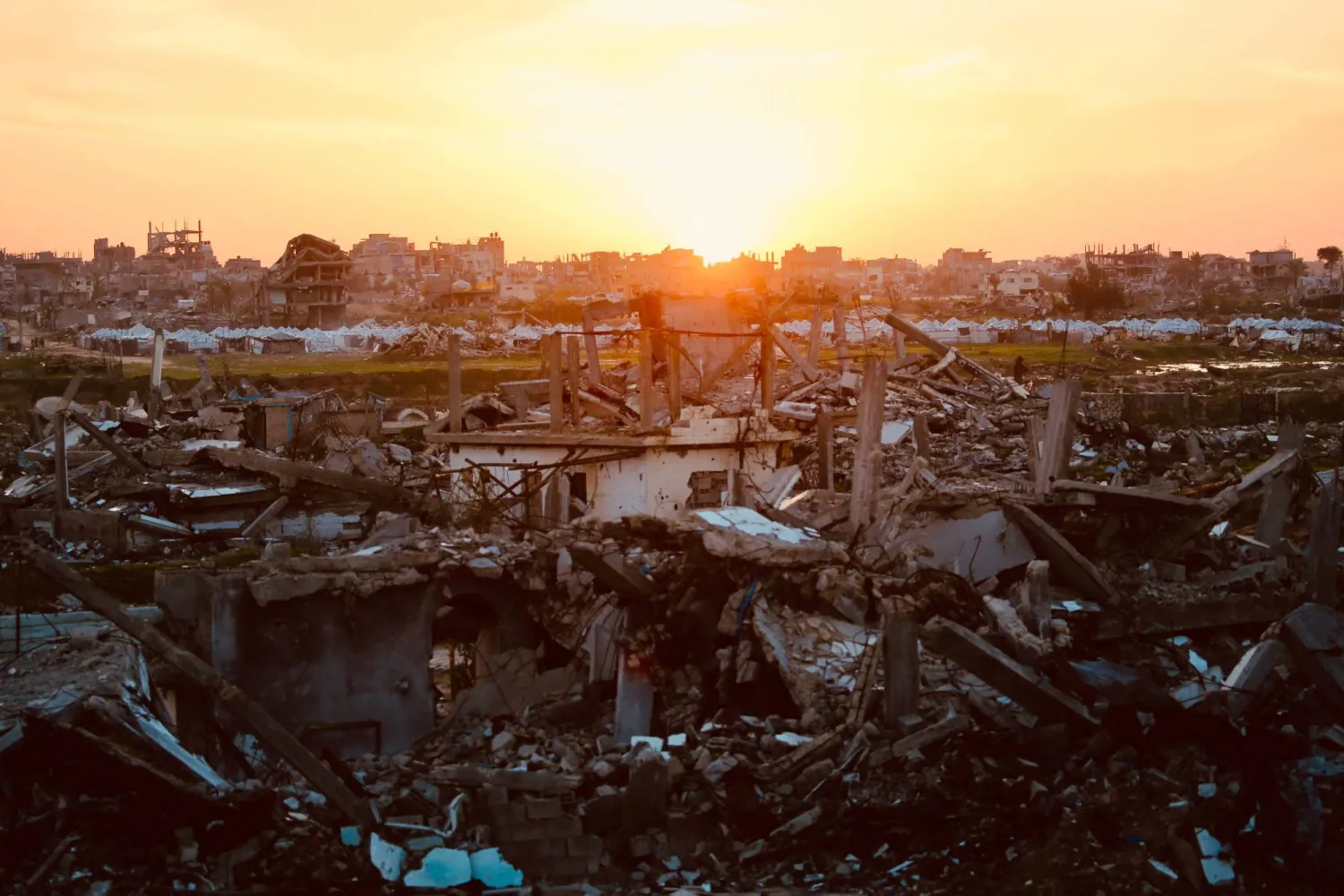The families of the UN Interim Force in Lebanon personnel must leave the country, UNIFIL spokesperson Andrea Tenenti told Italian news agency ANSA on Wednesday.
The request, which the spokesman said is a “temporary measure,” coincided with a military escalation in the south while Hezbollah and Israel continue to exchange threats.
In Beirut, Prime Minister Najib Mikati held several meetings to follow up on the current situation and assess the readiness of Lebanese ministries and departments in the event of any emergency.
Meanwhile, Tenenti told ANSA that the families of UNIFIL personnel must leave Lebanon.
He said the request was made by the UN according to an order already issued in May when the mission has become a “non-family duty station” with tension escalating at the border between Lebanon and Israel.
“Many families have left, even though some remained in Beirut where the situation was calmer,” the spokesperson said.
“Now the new measure concerns them as well,” he noted, adding however that it is a “temporary measure.”
Tenenti added that the measure is expected to last “at least until the end of August” and it can't be described as “an evacuation but rather as a relocation.”
UNIFIL’s request came while regional tensions have escalated following last week's assassination of Hamas political chief Ismail Haniyeh in Tehran and Hezbollah senior commander Fouad Shukr in an airstrike in Beirut's southern suburbs.
Iran and Hezbollah threatened a “harsh and painful response” for the presumed Israeli assassinations.
Countries have issued urgent calls for their nationals to leave in recent days while several airlines have delayed or suspended flights to Beirut and Tel Aviv.
The US Embassy in Lebanon said it remains open and continues to process emergency passports, repatriation loans, and other emergency consular services.
“US citizens who need financial assistance returning to the United States may apply for a repatriation loan,” it said in a post on X.
Earlier, the Embassy warned that Americans who do not leave the country should be prepared to “shelter in place for an extended period of time.”
Also, the German defense and foreign ministries, after frequent calls to German citizens to leave Lebanon, warned those remaining not to rely only on the fact that the German state will evacuate them in the event of an escalation of the conflict.
“The evacuation operation is not a package deal with a guarantee of return. The evacuation operation is associated with dangers and uncertainties and is not at all without problems. And in this context, we again call on all Germans staying in Lebanon to leave immediately,” said the Foreign Ministry spokesman.
Also, the Defense Ministry said that the refusal to leave Lebanon while being called up is completely wrong and irresponsible, including towards German soldiers.
Since the beginning of this week, reporting on evacuation preparations and options has created a false impression, preventing German citizens in Lebanon from leaving the country, the country's authorities said in a statement.
In the Lebanese capital, Mikati held a series of meetings, including with caretaker Environment Minister Nasser Yassin and Public Works and Transport Minister Ali Hamieh, as well as the Secretary General of the Council of Ministers, Judge Mahmoud Makkieh, and Secretary-General of the Supreme Defense Council Major General Mohammad Mustafa.
They followed up on the current situation and assessed the readiness of Lebanese ministries and departments in the event of any escalation.
Yassin said the meetings discussed the issue of accommodating displaced persons, the emergency health plan, food security, and the available quantities of fuel.









